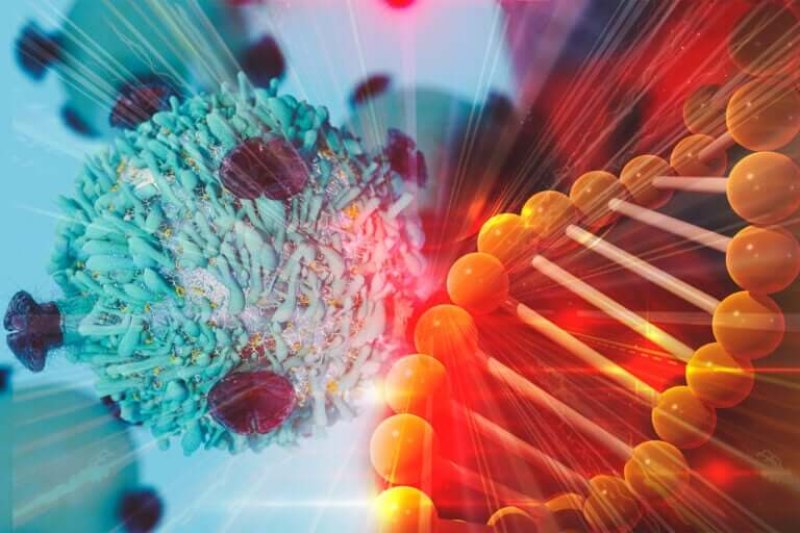Have you ever felt like every week or two a new story comes out saying that something is linked to cancer? A meta-analysis of human genetic research shows that 99.93% of popularly noted genes have a recorded cancer association, which is likely to cause some big biases in the field.
There are several likely reasons for this staggering focus. Cancer affects a lot of people, especially in industrialised countries – it’s been estimated that at least half of the population of Great Britain born between 1930 and 1960 will develop cancer at some point in their lives.
…
So, if cancer is important, why does it matter that so many human genetic studies focus on it? Basically, the field of human genetics is incredibly complex, and focusing too much on one disease can distort our understanding of what’s really going on with our DNA.
Lots of genes have been associated with cancer, but that may not be their main function or their most important disease association. If all we focus on is cancer associations, opportunities to understand other diseases and processes, which may be just as important, are lost.































